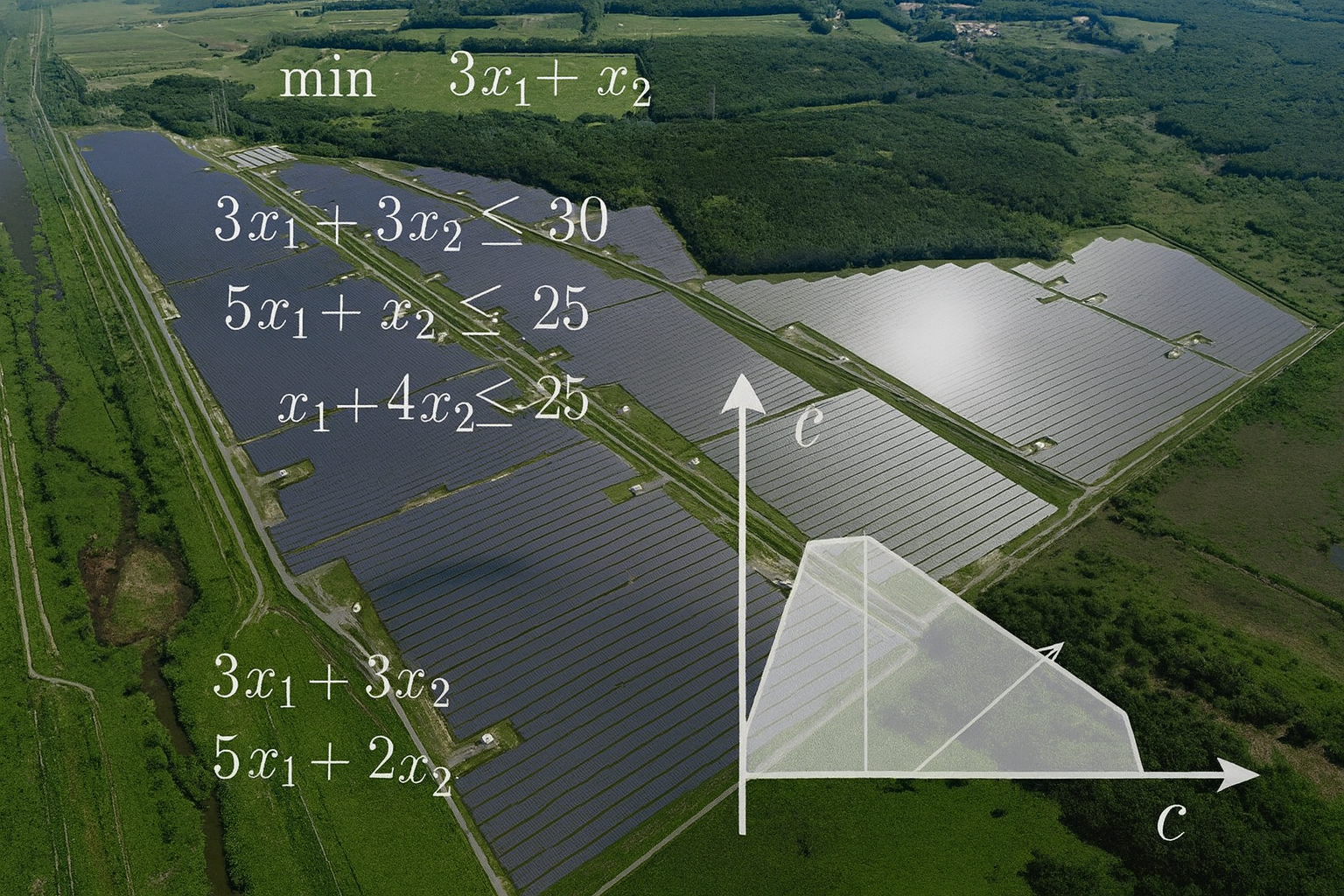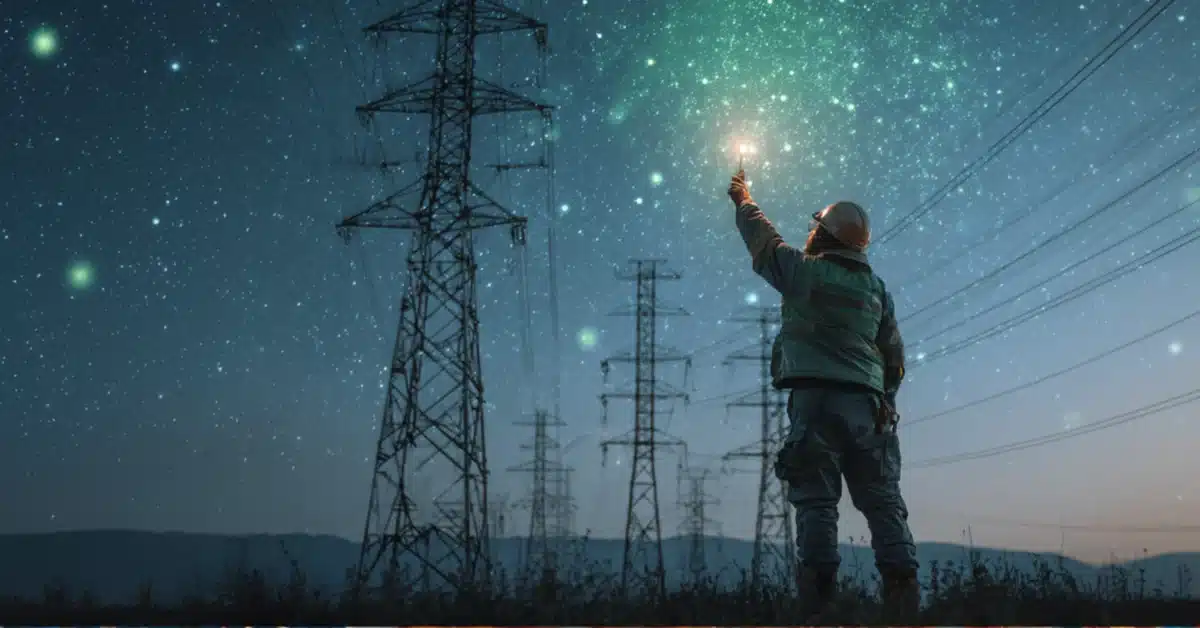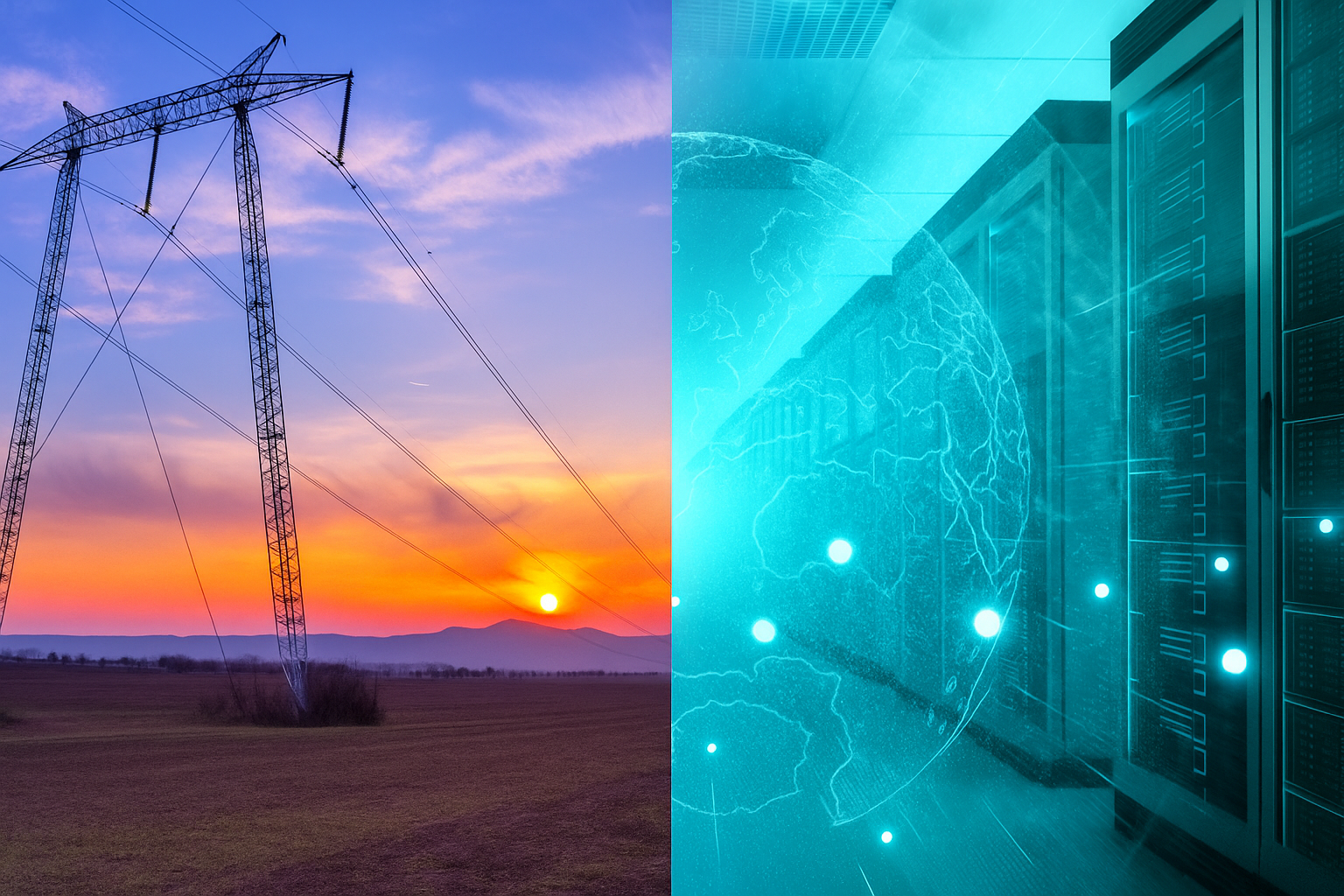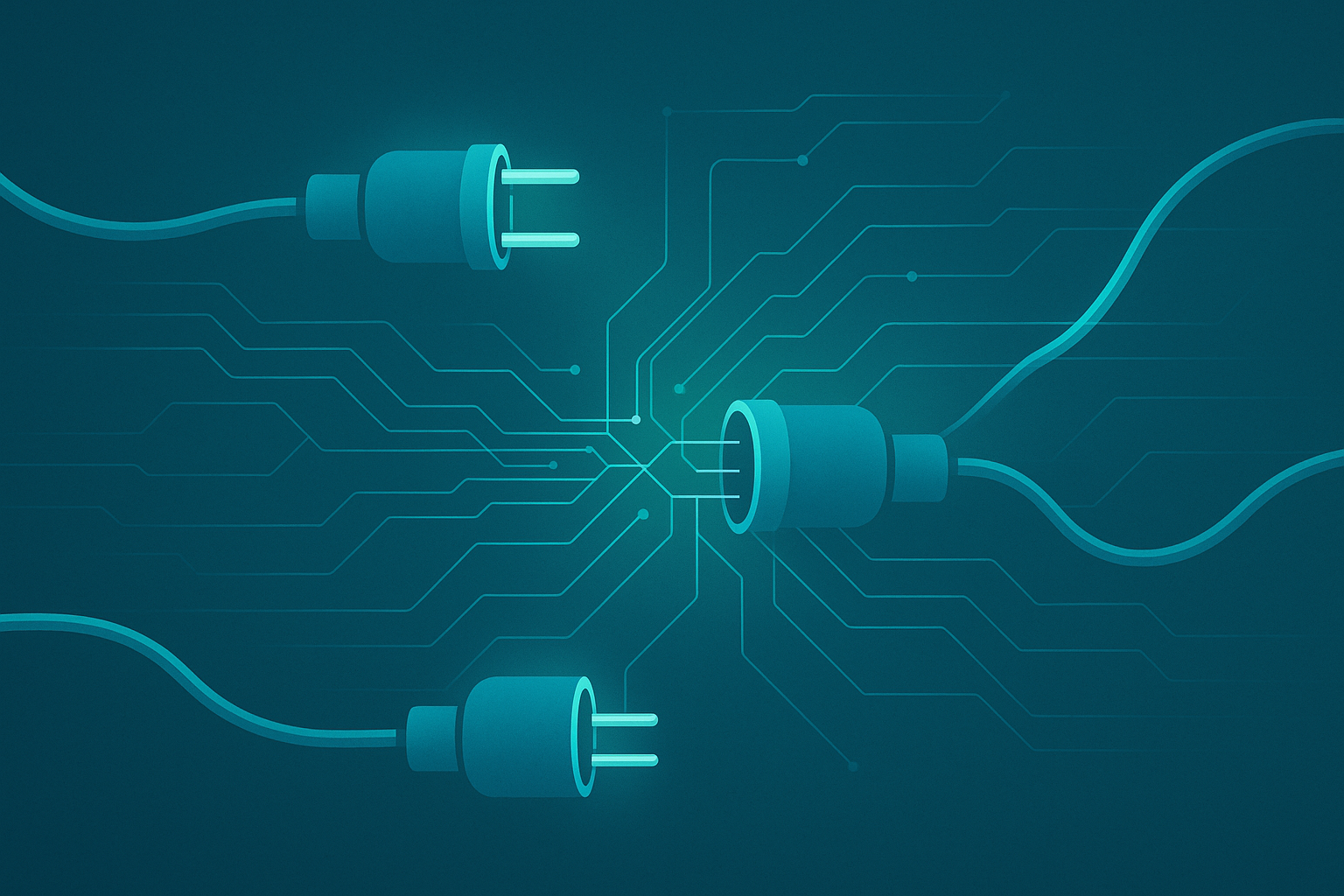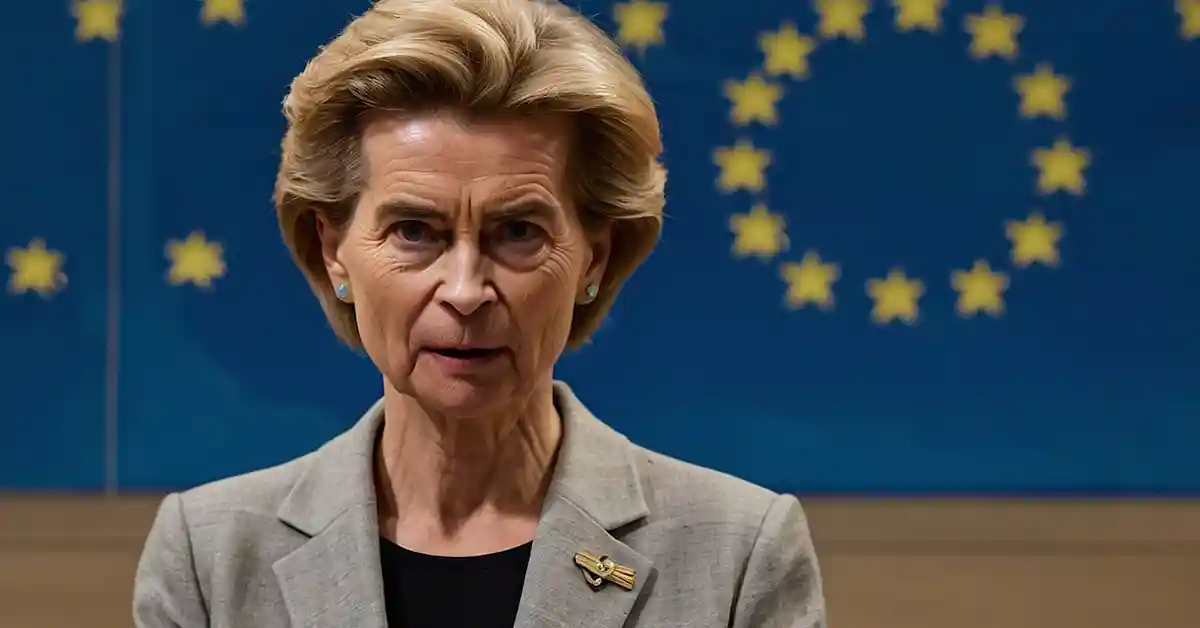
Although there have been calls to immediately halt all energy imports from Russia, the reticence of the EU to do this is driven primarily by the fact that such an action would push EU economies into chaos through widespread fuel shortages that would not only cause mass hardship to people but also decimate whole swathes of business.
As a result the EU has planned to cut its reliance on Russian gas by two thirds by the end of 2022 and eliminate the use of Russian fossil fuels completely by 2030.
The key question is, where will the EU source its additional energy requirements?
Moves have been made to import gas supplies from other countries, particularly the United States, but the EU has a lack of large scale LNG terminals which take time to plan, build, and commission. Work, however, has now begun.
This also moves reliance to regular supplies by sea from foreign refineries and terminals that comes with another set of issues. For example, the recent fire at a key LNG export terminal in Freeport, Texas1 on June 8th 2022 - shutting down operations for 3 weeks - illustrates how EU imports may come to rely on fragile, and vulnerable, infrastructure. As illustrated by the resultant market reaction, uncertainty of supply no matter where it comes from does nothing to bring down prices.
However, some longer term help may well be at hand.
The EU already has a sizeable and growing renewable energy market (as well as a sizeable base load generation capacity from nuclear power stations) and strategic investment in more projects, at a greater scale than ever before may be a direct result of a move away from reliance on Russia for the EU’s energy needs.
We must become independent from Russian oil, coal and gas. We simply cannot rely on a supplier who explicitly threatens us. We need to act now to mitigate the impact of rising energy prices, diversify our gas supply for next winter and accelerate the clean energy transition. The quicker we switch to renewables and hydrogen, combined with more energy efficiency, the quicker we will be truly independent and master our energy system.
The REPowerEU2 plan for “affordable, secure and sustainable energy for Europe” is an initiative to find short term alternative energy supplies whilst embarking on a longer term program on energy efficiency through behavioural changes and accelerating the adoption of ‘clean energy’ through massive investment.
Not only co-ordinated through the EU, but also individual countries are accelerating their own renewable and nuclear energy programs through relaxed or accelerated planning processes, more join international ventures for funding and operation, and crucially bringing energy efficiency measures into the public eye.
Energy efficiency is something that is becoming equally as important, if not more so, than accelerating alternative clean generation methods and is achieved through such ventures as smart metering (via Time of Use charging making people acutely aware not only of how much energy they use but also when they use it) and large scale energy retrofit programs that include both insulation and replacing boilers with more efficient or alternatively powered systems.
The energy industry is changing and at a pace that is now substantially faster than it has ever changed before, and that change is accelerating.
ResourceKraft was established to enable organisations to become more energy efficient through our Advisor Energy Analytics tool, and it is gratifying to see energy efficiency highlighted in the EU report as it remains a core principle of sustainability.
At Full Stack Energy, we see that the pace of change is driving new and innovative technologies to enable change in the energy system. These are all positive moves in the right direction, and long may it continue because our planet needs it to be so.
